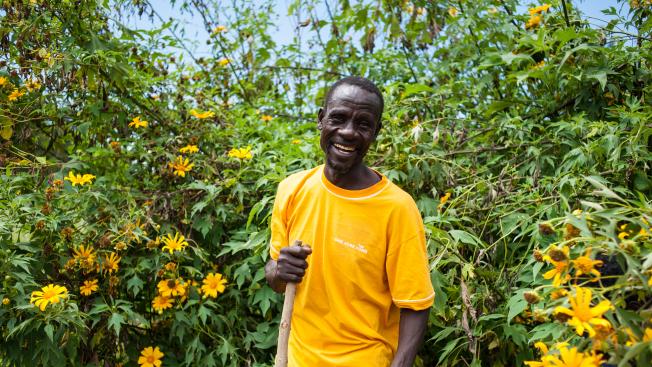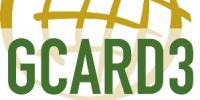
One of the biggest obstacles to financing smallholder farmers has been understanding who they are and – by extension – what their needs are. Without detailed data, it has sometimes been difficult for people sitting far away in donor programs to see the ways in which farmers are a heterogeneous and varied group.
However, as seen in Dalberg’s 2011 Listening to the Farmer Voice and CGAP’s 2013 Segmentation of Smallholder Households, the sector has begun to identify key distinctions among farmers including their place in a skill-will matrix and their relationship to the market. With this information, financial service providers could begin to define and target addressable market segments. It was a great start to a new way of thinking. CGAP’s 2016 work on two fronts – granular exploration of farmers’ lives in the Smallholder Diaries and the rigorous quantitative National Surveys – has created a more nuanced understanding of higher level definitions, and helped quantify more precise segments incorporating behavioral and attitudinal components. Additionally, broader efforts in the financial inclusion space such as insight2impact are working together to collate and analyze big data sets of clients, including farmers.
Farmer voice is increasingly on the mind of people in the sector. A client-centered approach allows us to close the gap between farmer need and farmer demand by offering what farmers really want. The Learning Lab has hosted two annual gatherings (prior to The MasterCard Foundation’s “clients at the center”-themed Symposium on Financial Inclusion) where financial service providers came together to eagerly learn how to better listen to farmers. And this reflects a broader trend that is changing the nature of the offering to smallholders. For instance, MyAgro’s design work in Senegal took into account farmers’ reluctance to take out loans for planting equipment purchases; in response, MyAgro developed a layaway model. Safaricom just launched a digital finance solution for the dairy sector in Kenya based on insights developed from human-centered design support from the Mercy Corps AFA program. And Proximity Designs is providing short-term crop loans in Myanmar, based on what farmers told them they need.
Read the full story by Learning Lab and ISF here.
Initiative for Smallholder Finance (ISF) is a multi-donor and investor platform for the development of financial services for the smallholder farmer market. ISF is a Partner in GFAR.
The Rural and Agricultural Finance Learning Lab (The Lab) fosters knowledge sharing and collaboration that leads to better financial solutions provided to more smallholder farmers and other rural clients.




















